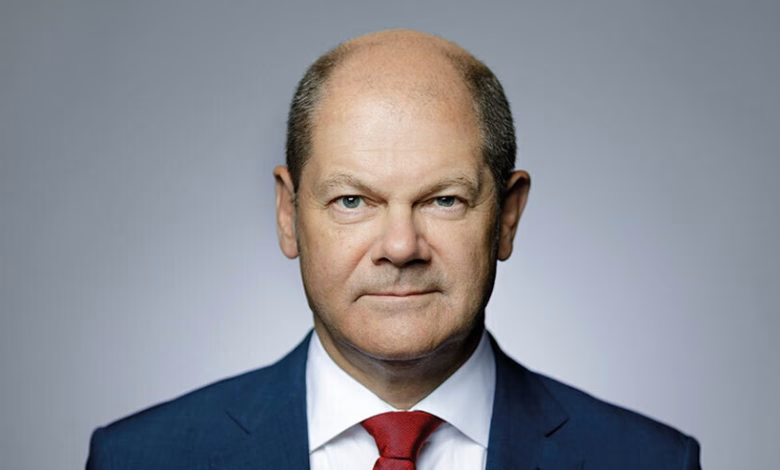Germany’s Immigration Landscape Transformed

- SPD won in Brandenburg, but AfD and BSW emerged as key winners.
- AfD garnered nearly 30% of the vote; BSW achieved 13%.
- Both parties capitalize on anti-immigration sentiment amid rising crime.
- Current polls show AfD could become the second-largest party nationally.
While Chancellor Olaf Scholz’s SPD secured another term in Brandenburg’s state parliament, the true victors of the election were the Alternative für Deutschland (AfD) and Bündnis Sahra Wagenknecht (BSW). Although the AfD is known for its far-right stance and the BSW for its far-left views, both parties share common ground in their anti-establishment and anti-immigration sentiments. With rising crime linked to immigration and two recent terror attacks by failed asylum seekers, both parties have capitalized on public fears, pushing for stricter immigration policies.
In the election results, the AfD came in second, garnering nearly 30% of the vote, just behind the SPD. The BSW, a relatively new party founded just nine months ago, achieved an impressive 13%. Their strong performances in recent state elections set the stage for significant influence in the upcoming federal election.
With the national vote approaching in a year, the success of both the AfD and BSW is putting pressure on the established parties in Berlin. Current polling suggests that the AfD could become the second-largest party with 19% support, while the BSW might secure 10%. This shift indicates that nearly a third of parliamentary seats could be held by parties advocating for stricter immigration controls, making the issue increasingly difficult for other parties to ignore.
Germany’s historically lenient migration policy stems from its Nazi past, peaking in 2015 when Chancellor Angela Merkel opened borders to nearly 1.3 million asylum seekers. Over the past nine years, this figure has increased to about 3 million, but public sentiment is shifting. The AfD aims to hold the conservative CDU accountable for Merkel’s legacy, while the CDU’s current leader, Friedrich Merz, has pressured Scholz to implement stricter border controls, including a blanket rejection of asylum seekers.
Scholz has attempted to alleviate pressure by introducing controversial border checks, yet the AfD’s rising influence poses challenges for traditional political alliances. Established parties have pledged not to form coalitions with the AfD due to its extreme policies. However, as the party’s support grows, its anti-migration rhetoric will become increasingly prominent and difficult to dismiss.
The growing contention over immigration issues highlights how the AfD is successfully destabilizing conventional German politics. With the federal election on the horizon, the political landscape is likely to become even more chaotic.






